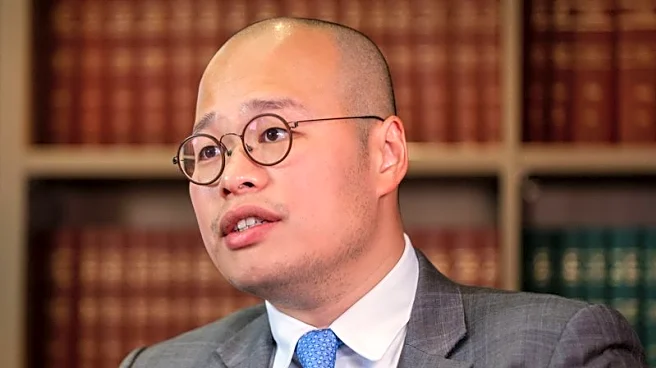Rapid Read • 8 min read
UNICEF, established by the United Nations General Assembly in 1946, initially focused on emergency relief for children affected by World War II. Over the decades, the organization has expanded its mission to address long-term developmental needs, including health, nutrition, and education. UNICEF has implemented campaigns against diseases like tuberculosis and malaria, and supported maternal and child health care education. The organization has also promoted nutritional standards and social welfare through various programs. UNICEF's comprehensive approach to child welfare reflects its commitment to improving the quality of life for children globally.
AD
UNICEF's historical role in child welfare has been instrumental in shaping global policies and practices that prioritize children's health and development. By addressing both immediate and long-term needs, UNICEF has contributed to reducing child mortality rates and improving living conditions for millions of children worldwide. The organization's efforts have helped foster stable and prosperous societies by ensuring that children receive the care and support they need to thrive. UNICEF's work highlights the importance of international cooperation in addressing global challenges affecting children.
UNICEF plans to continue elevating the quality of life for children in developing nations, coordinating efforts with governments and other agencies. The organization aims to increase its annual assistance levels and enlist complementary support from international and nongovernmental partners. Future initiatives may focus on integrating technology and innovation to address emerging challenges in child welfare. UNICEF's ongoing commitment to children's rights and development will likely involve further collaboration with governments and civil society to implement effective policies and programs.
UNICEF's comprehensive approach to child welfare reflects broader societal shifts towards inclusivity and diversity. The organization's focus on innovative solutions highlights the importance of adapting to changing global challenges, such as climate change and digital transformation. As UNICEF continues to advocate for children's rights, it must navigate complex political and social landscapes to maintain its effectiveness and credibility.
AD
More Stories You Might Enjoy











